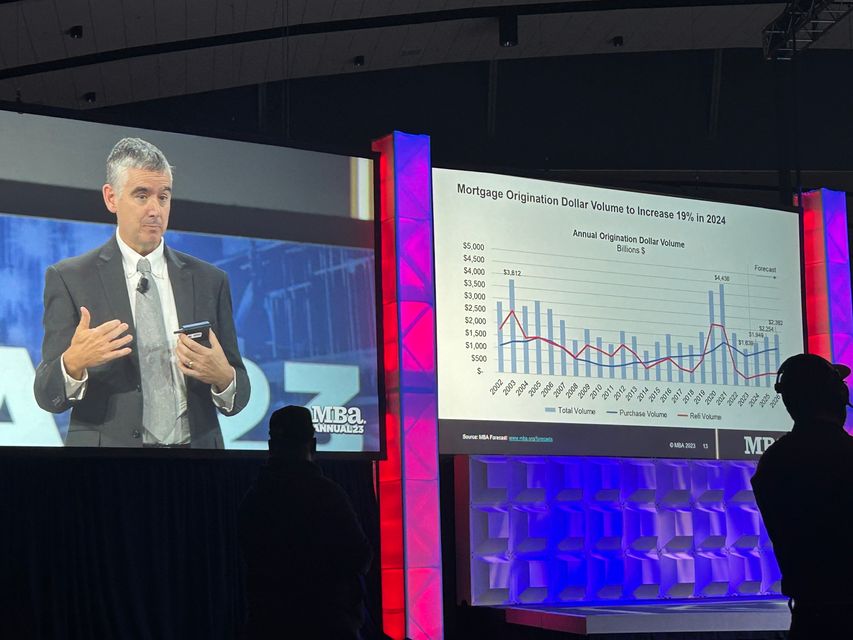TORONTO (Reuters) -Canada’s annual inflation rate edged down to 3.8% in September on broad-based price reductions for some travel-related services, durable goods and groceries, Statistics Canada said on Tuesday.
This beat analysts’ expectations for annual inflation to remain at 4.0%.
STORIES:
Market reaction: CAD/
Link:https://www150.statcan.gc.ca/n1/daily-quotidien/231017/dq231017a-eng.htm
COMMENTARY
CLAIRE FAN, ECONOMIST AT ROYAL BANK OF CANADA
“The lagged impact of interest rate hikes to-date will continue to exert downward pressure on consumer spending as debt payments rise as a share of household incomes, making it more challenging for businesses to raise prices as fast and as frequent. With more easing in inflation readings expected in the months ahead, we expect the Bank of Canada to stay on pause through the rest of the year.”
MICHAEL GREENBERG, SVP AND PORTFOLIO MANAGER, FRANKLIN TEMPLETON INVESTMENT SOLUTIONS
“Me and the market probably had a sigh of relief with today’s report, just given we had a pretty big jump last month. We saw the headline come under expectations, down from last month, and of course the preferred core measures that the Bank of Canada tracks also decelerated, also came under expectations.”
“All in all, this is clearly a better report. And some of the recent data from things like the Canadian business survey that showed sentiment really falling to its weakest level since 2020 are all pointing to a slowing economy, which the Bank of Canada wants. But the employment market is still strong, inflation is still not there yet, so there is still some pressure on the Bank of Canada, clearly, to keep rates higher.”
“Putting it all together in our view is really the Bank of Canada can be patient and allow these rate hikes that are already in the system to do their thing and remain on pause mode for the rest of the year. They clearly need to deal with the still too high inflation but they don’t have any desire to tank the economy either. Neither of those outcomes would be good for Canadian households.”
JULES BOUDREAU, SENIOR ECONOMIST AT MACKENZIE INVESTMENTS:
“It’s nothing like a disinflationary print, but it shows that the August print was probably a little bit of an outlier. That was a big risk – that big August print meant kind of a new upturn in inflation after this disinflationary month that we had before that. And it probably means that one print was more of an outlier, and that we’re going to be more in the 3% inflation range over the next few months than 4-4.5%.
“It’s pretty clear that (the central bank) won’t be raising rates in my opinion in October. We saw that the Business Outlook Survey that came out this week showed a decent pickup in the economy, but lower inflation expectations and nothing on the growth front to make them hike more. I think (the central bank) will probably be satisfied with the two hikes they did in June and July, giving them a little more time to act on the economy. I think if we had gotten another inflation print like August in September – that was the big risk to have another hike. And I think now, we won’t have one. There’s no chance that they come out and say we’re pausing or this might be the last one. They won’t say anything. They’ll just say: We’re not hiking this one. We’ll see in December.”
DEREK HOLT, VICE PRESIDENT OF CAPITAL MARKETS ECONOMICS AT SCOTIABANK
“I think on a trend basis, the Bank of Canada is behind the inflation wage cycles. They have unmoored inflation expectations way above their 2% target, and it’s changing behavior in a way that has people demanding wage gains that are way above the pace of their 2% inflation target and amidst tumbling productivity, and we have very strong immigration and housing inventory strong terms of trade commodity drivers, so on a trend basis we can easily craft a story for how they should remain in a hike mode.”
Read the full article here







